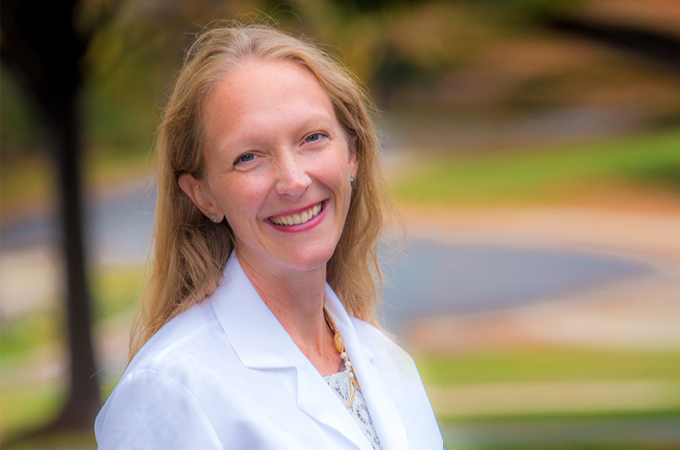When Cosmopolitan.com wanted to answer commonly ask questions about donating eggs, they looked to the experts. Kate Devine, M.D. and Michele Purcell, R.N. answered some of the most important questions women ask when considering egg donation.
What does SGF look for when screening potential egg donors?
SGF looks for all types of healthy women. While there is no “perfect” type of donor, each donor who applies is given equal consideration during evaluation and prescreening. By completing the Egg Donor Profile, the overall goal is to help women who need a donor egg build a healthy family.
There are basic criteria women need to meet in order to donate to protect her own health and adhere to the guidelines set forth by the FDA and ASRM for egg donation; such as body mass index (BMI), recent travel, or sexually transmitted infection (STI) history. Michele Purcell noted that “[BMI] can impact the ease of the egg retrieval…and it can impact how you metabolize drugs, and also impacts your overall selectability by a recipient—if a recipient is looking at a donor’s profile and wants to identify a donor that they view as healthy.” SGF’s program does allow for women to be deferred and re-apply when their BMI is within the accepted range. Similarly, women can re-apply if it’s been a year or more since their STI was successfully treated.
Is it all about the money?
No. While SGF does offer a generous compensation package for women who choose to pursue donating eggs, Dr. Devine said, “Appropriate compensation for eggs donors should be based on the local cost of living and should cover her lost wages, mileage, parking, and other expenses.” At SGF we know that your time is valuable and we make sure to compensate you for all of your time with us as egg donor. We have found that most of our donors do it for more than money. Michele Purcell said, “It’s kinda like when you go and donate blood and you leave, and you’re like, ‘That feels really good. I hope someone was able to use it, and benefit from it’, and I think our donors have that same type of feeling of being grateful for the experience.” Dr. Devine agreed, “The money helps, but the altruism is the driving factor.”
Why is pre-screening important?
All egg donors in our program undergo an intensive pre-screening process before being fully accepted into the program. From the very beginning of your egg donation process at SGF, egg donors are our patients. Women go through a medical and psychological screening to help determine their eligibility to donate. Medically, we look for healthy ovaries and hormone levels. Psychologically, we want to check in and make sure donors understand how their generosity makes a tremendous impact on both their life and that of the recipients. Dr. Devine explained that the screening process for an egg donor is usually mutually beneficial. “This [info] may serve that egg donor very well, whether or not she’s ultimately accepted to donate her eggs, because she gets information on her own fertility and reproduction that she otherwise might not have.”
Why wouldn’t I be accepted to donate my eggs?
It’s important to keep in mind the requirements for egg donors are incredibly strict and not every woman applying will qualify to donate. SGF has a 3 to 4% acceptance rate for our program. Michele Purcell says “the majority of potential donors are washed out between the application process and the second stage. Sometimes women don’t meet the age requirements for donation, sometimes they don’t live locally enough (a person from California applying for an East Coast based fertility clinic), and BMI requirements are also responsible for a lot of drop outs.” Considering egg donation is admirable for any woman regardless of whether or not she ends up donating her eggs. SGF does offer a referral program for women who have been through our application process and choose to refer a friend.
Should you need help uploading pictures, completing your profile, or getting your questions answered, please contact [email protected].






